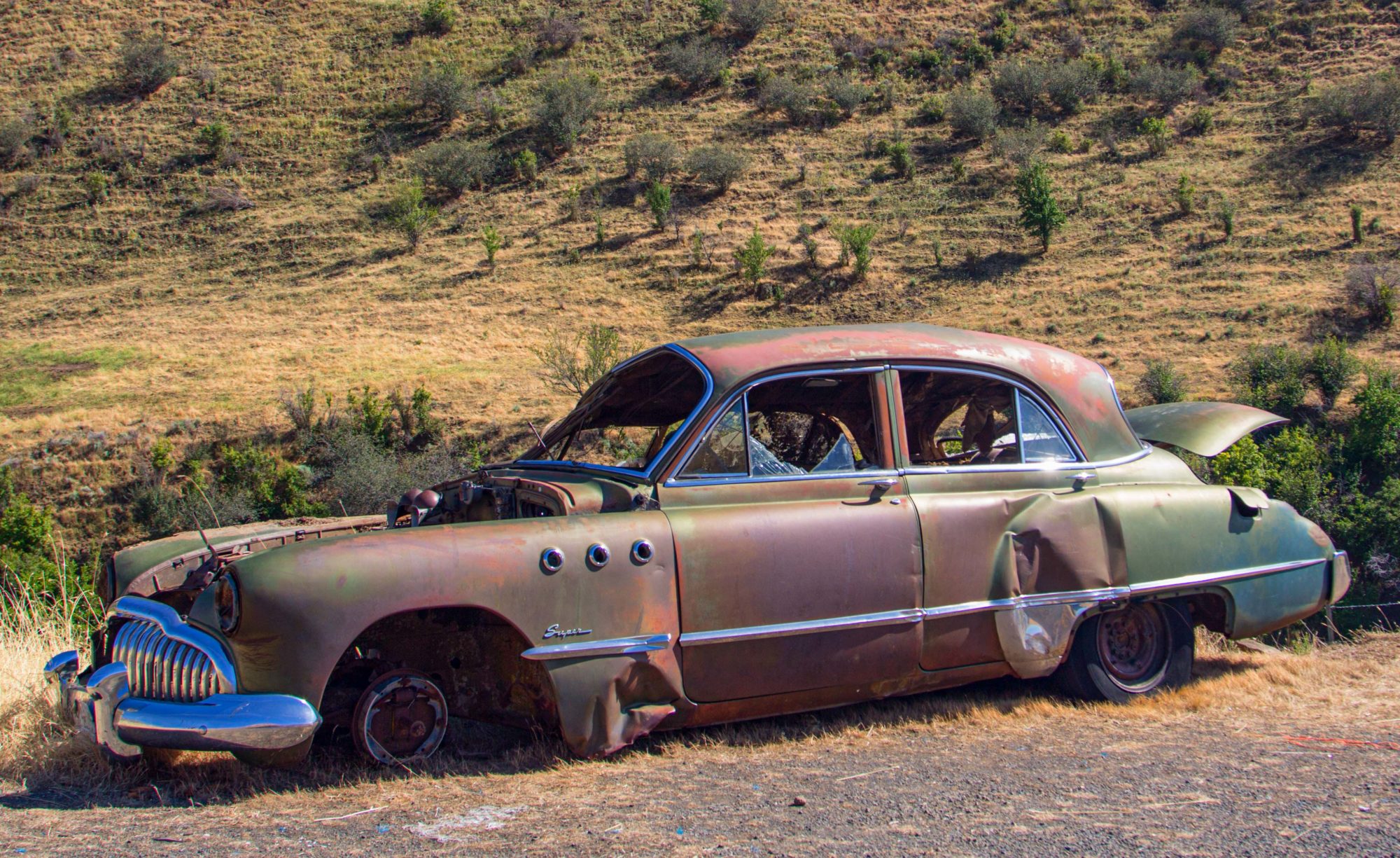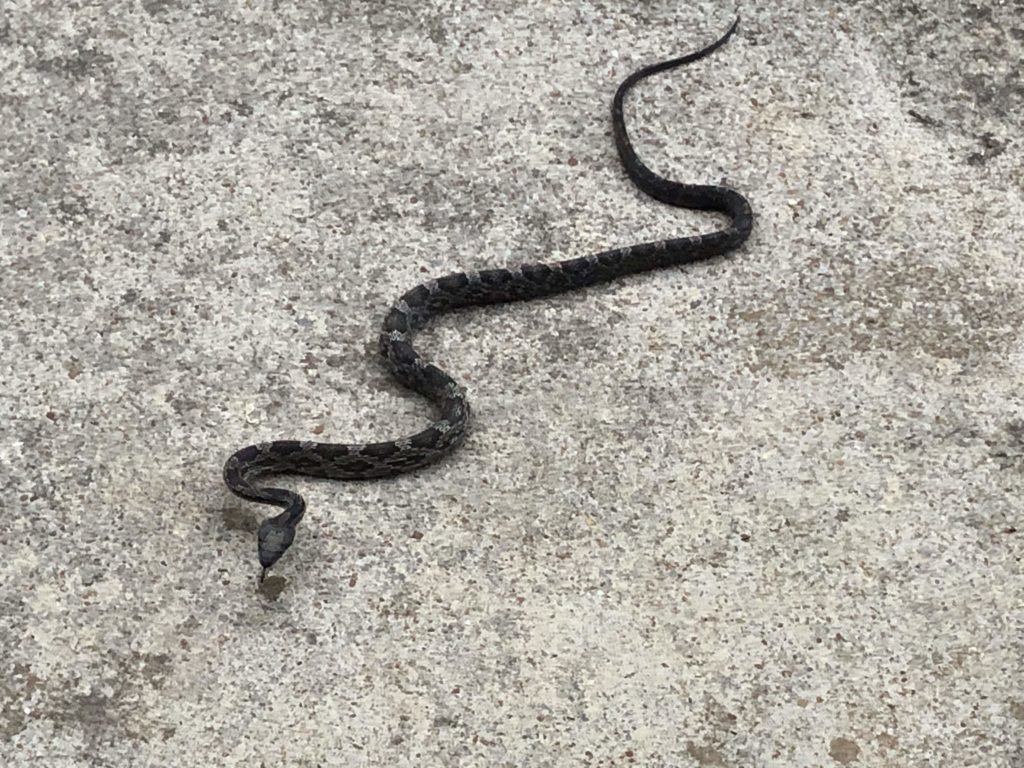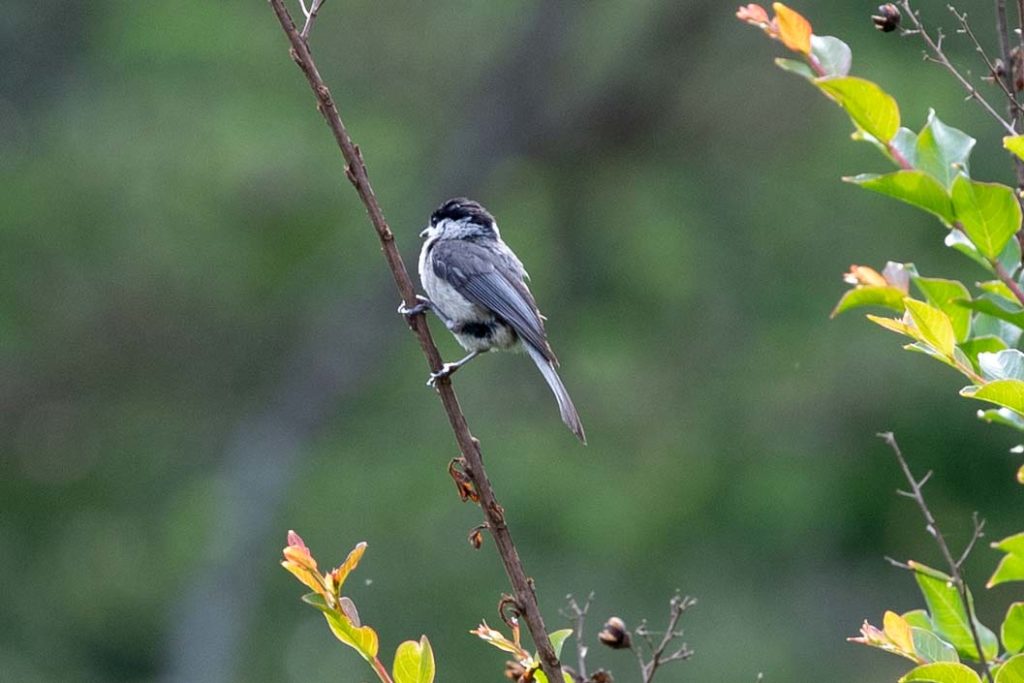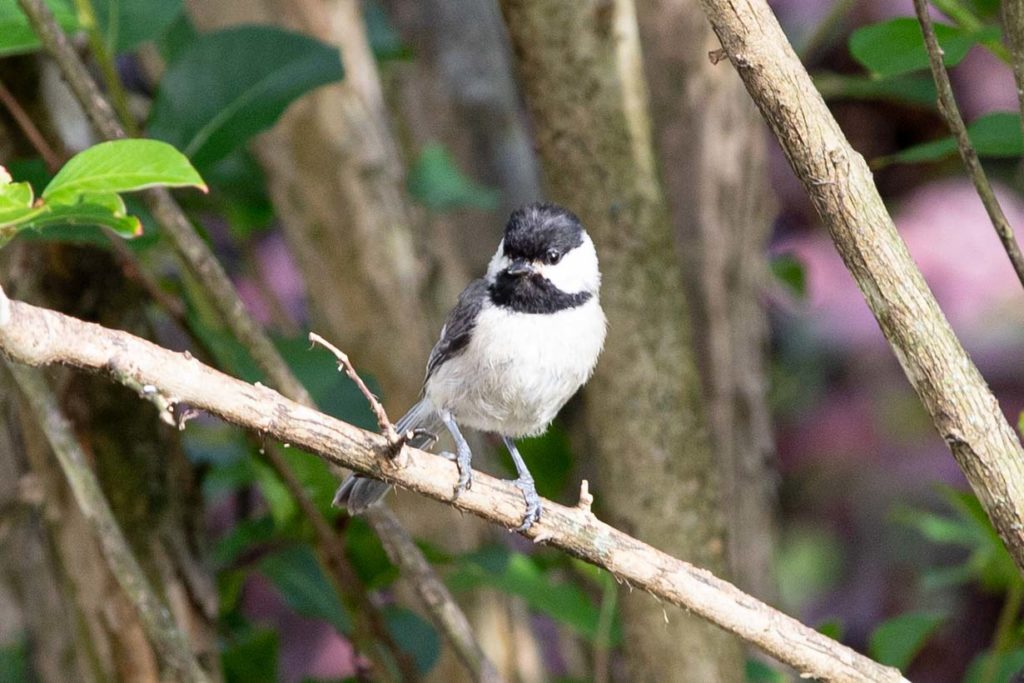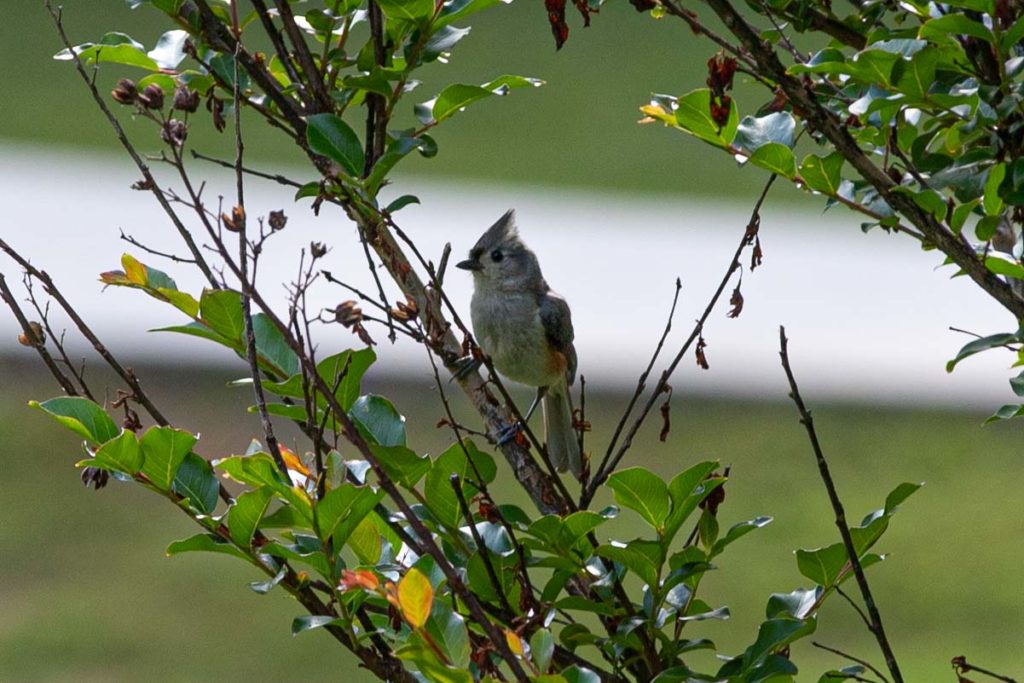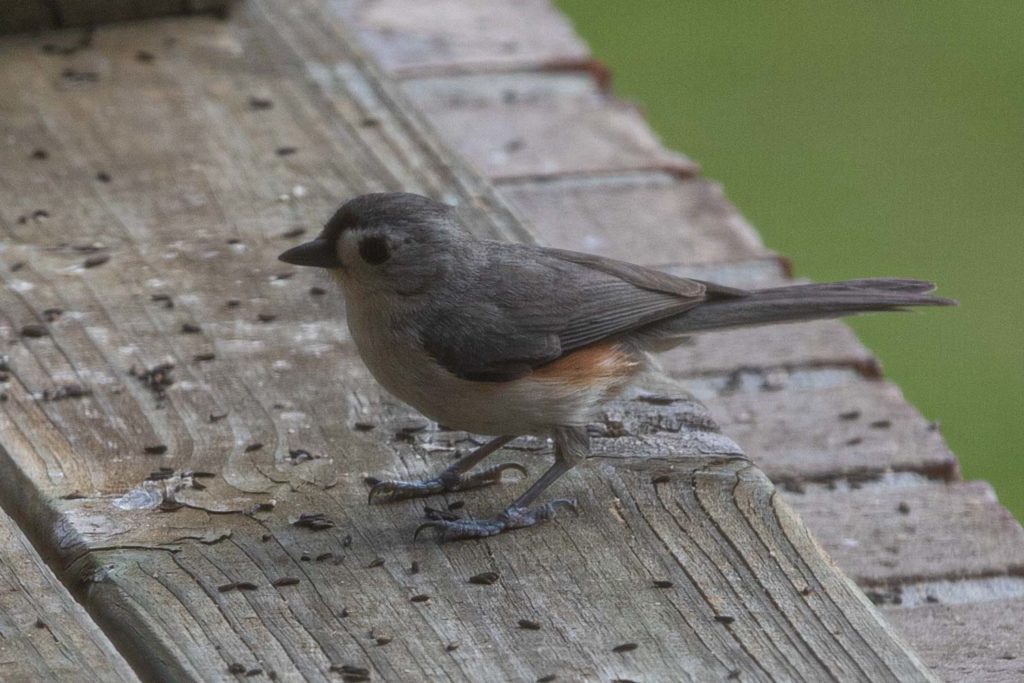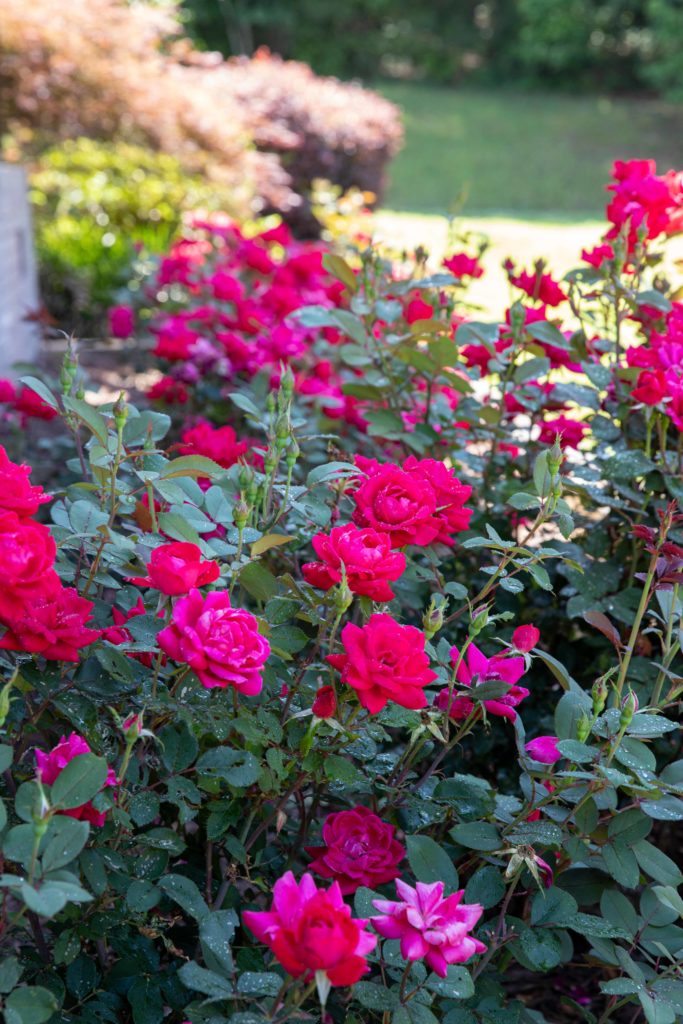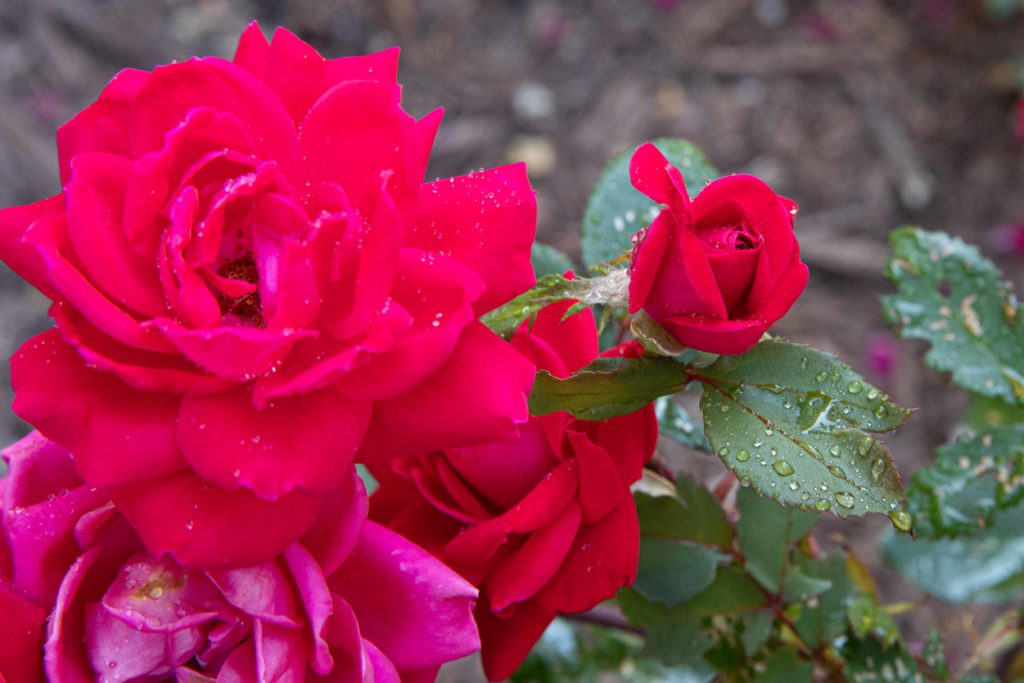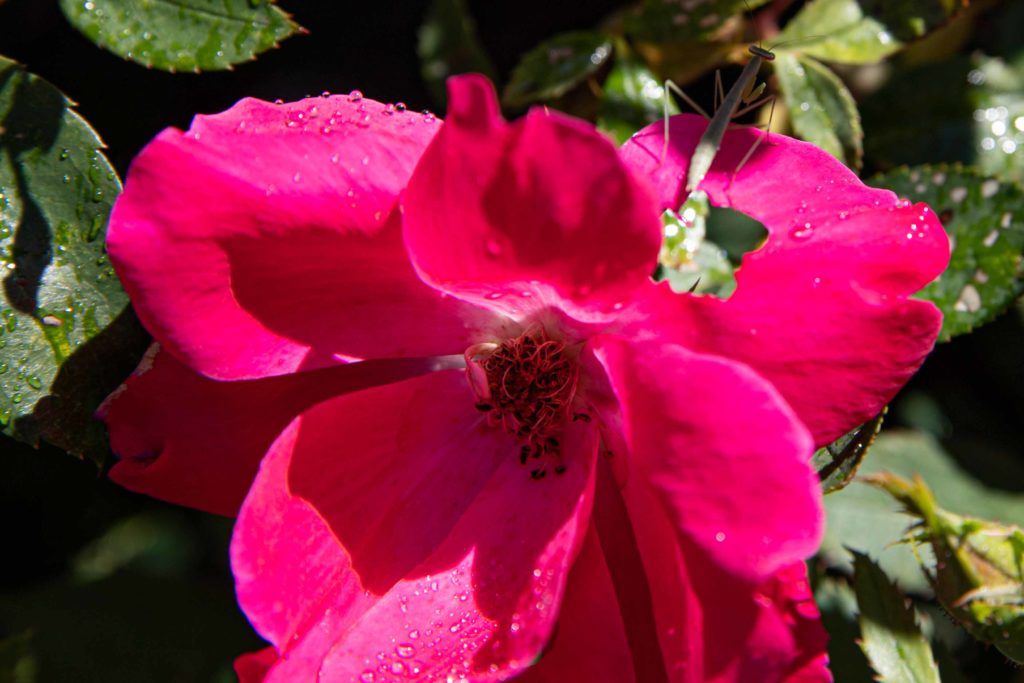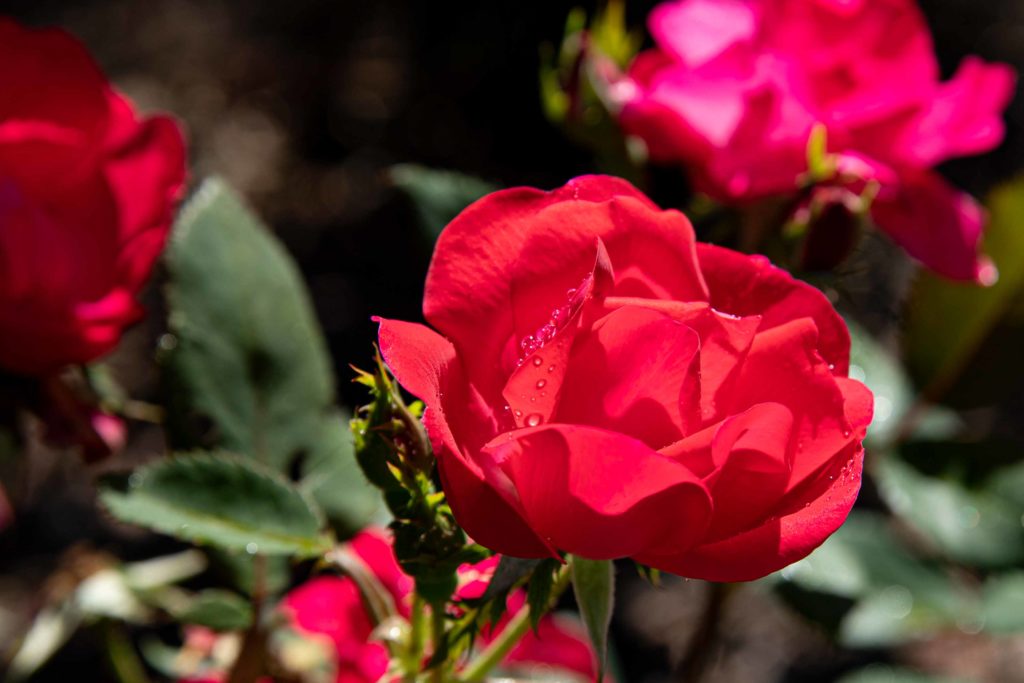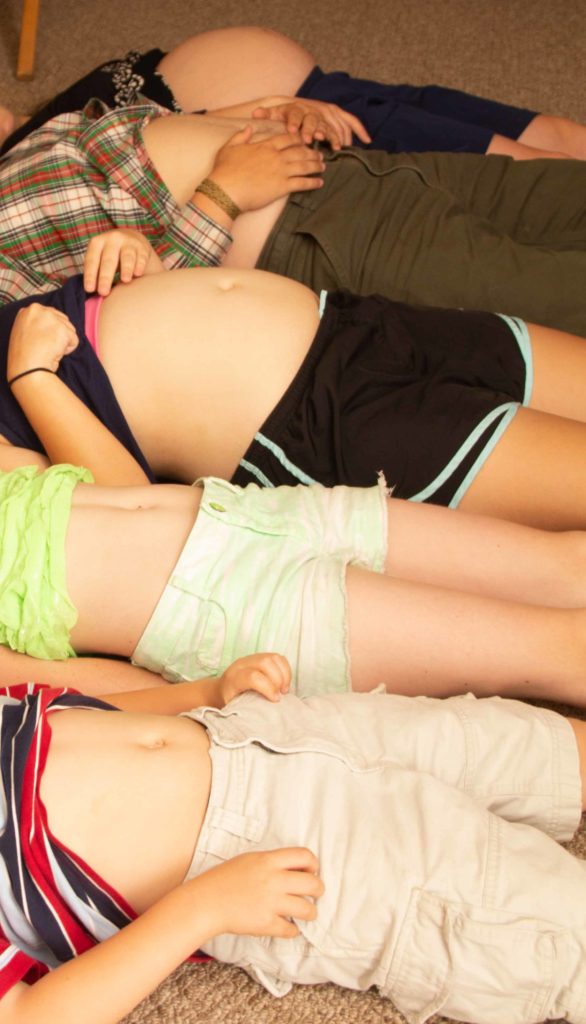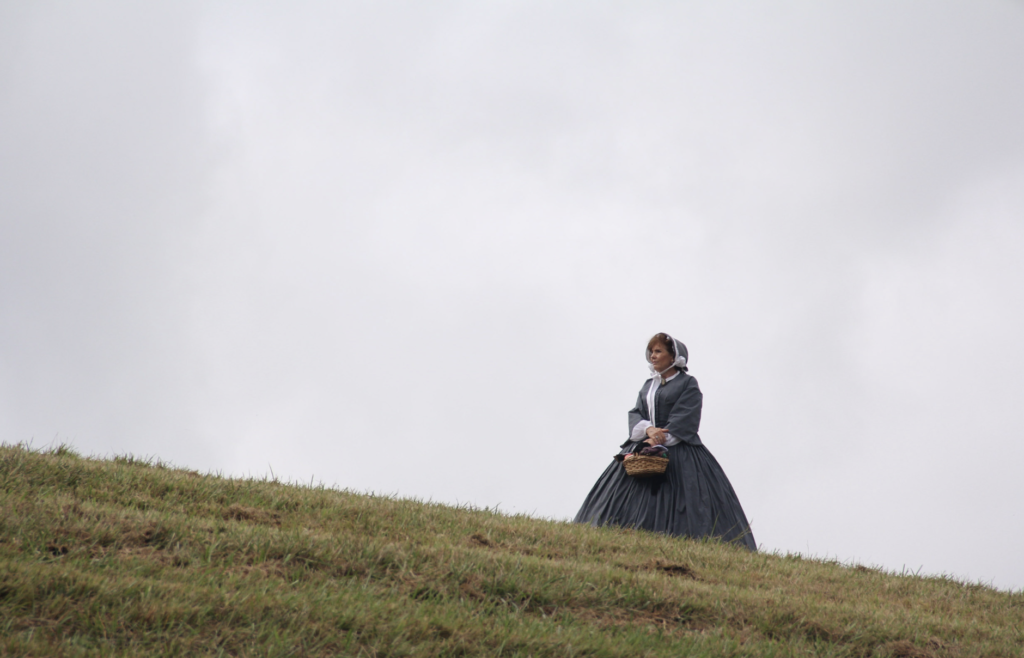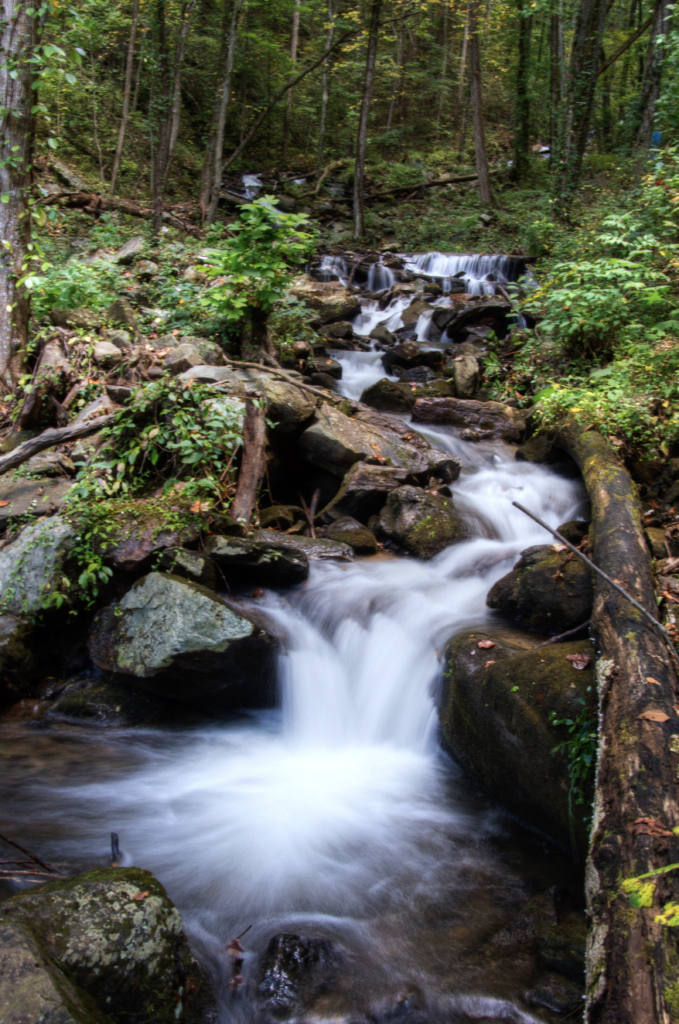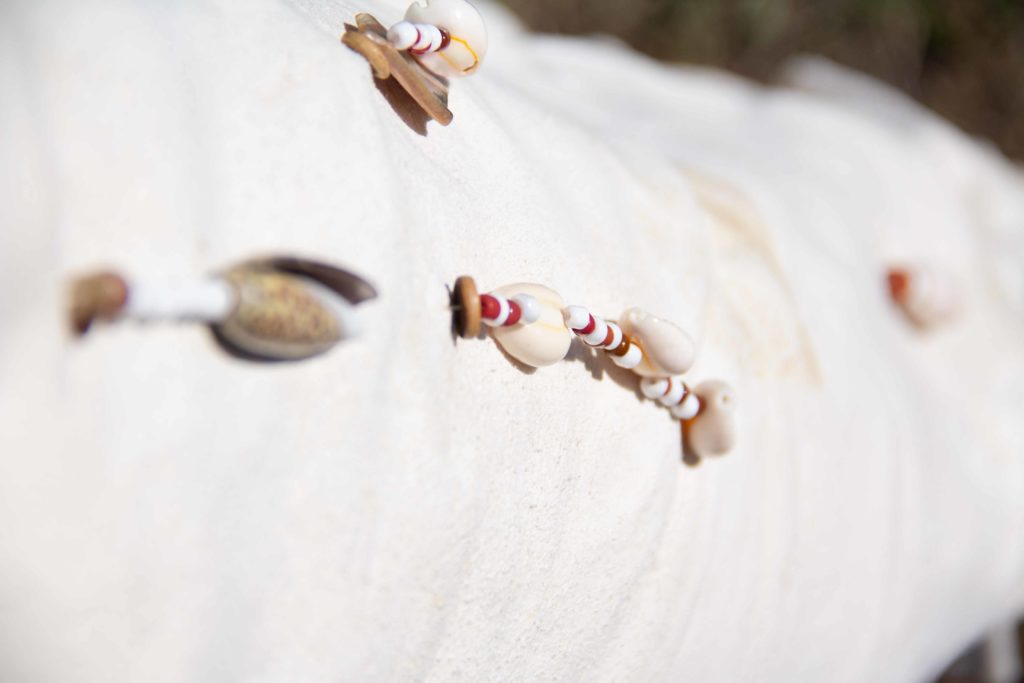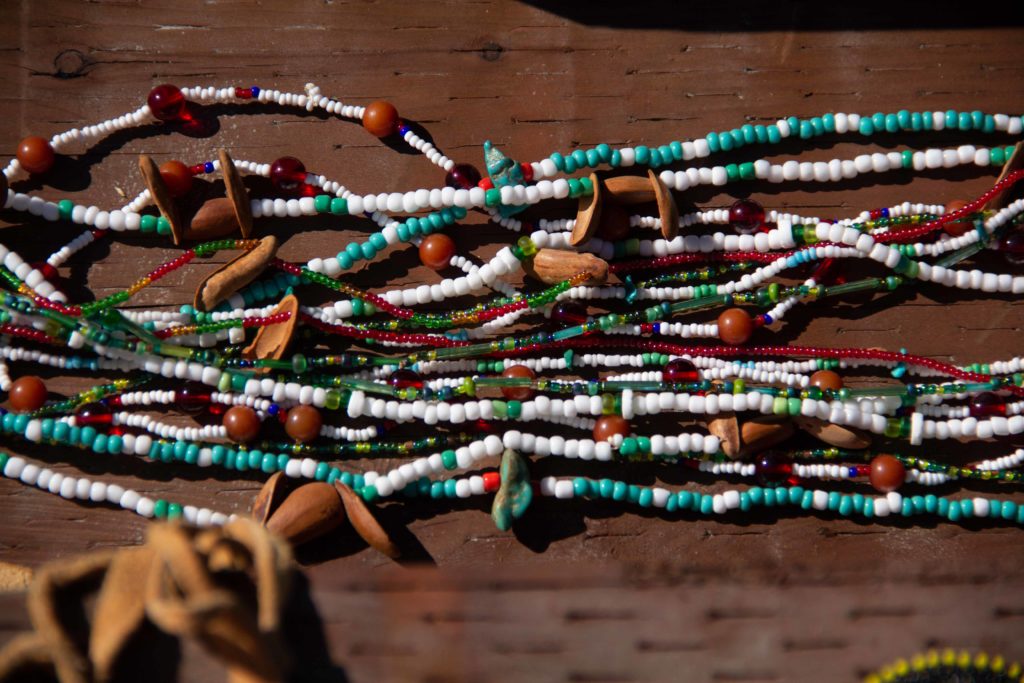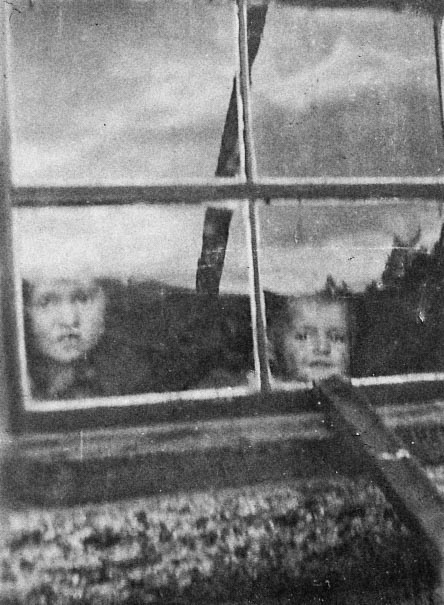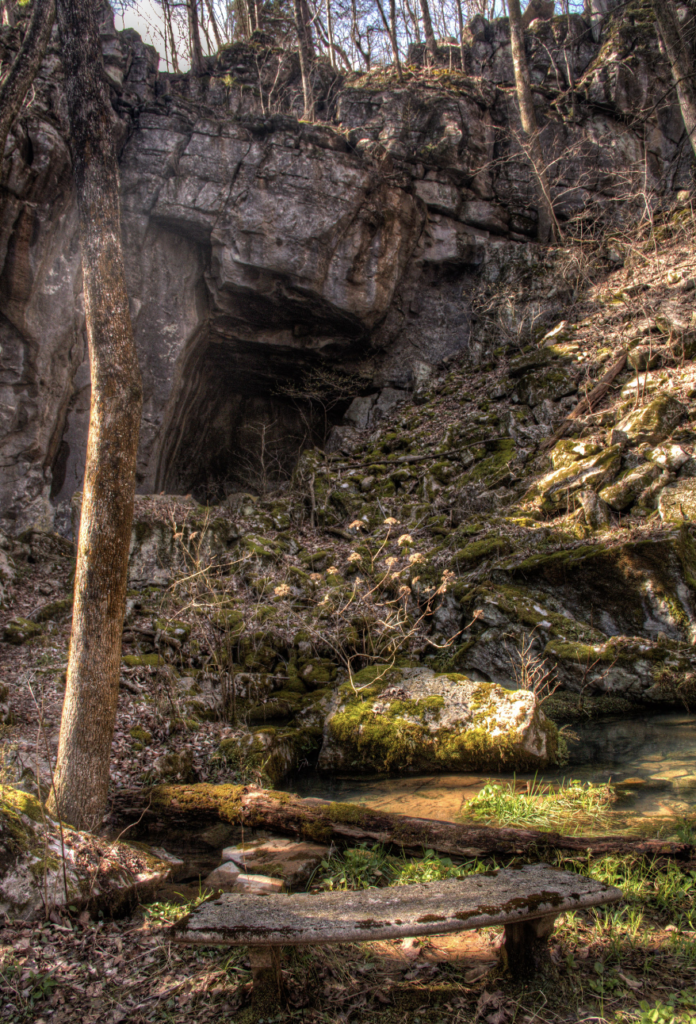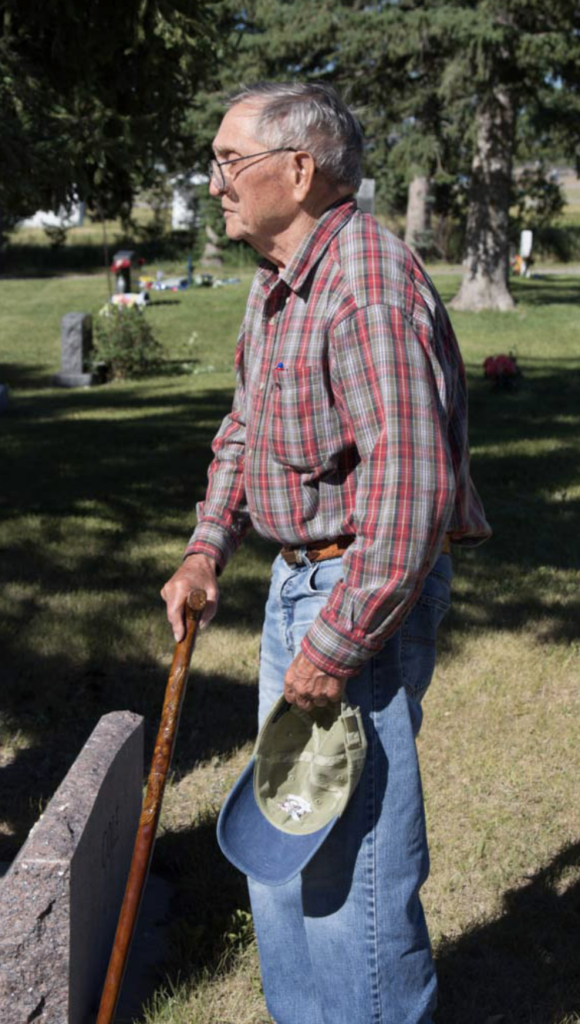I was going through some old family files and ran across an interesting tidbit. A little notebook riddled with bits and pieces of writing caught my eye. Two small pages contained a “Statement by Chet Huntley at Montana Centennial Dinner in Washington D. C., April 17, 1964.”
So it was that Chet Huntley, the famed newscaster from Montana, gave the introductory remarks at the Montana Centennial Dinner. After a few opening remarks and one “bunkhouse story,” he continued his speech with picturesque words that proved his familiarity and admiration for the State of his birth and growing up years. It was almost he offered a challenge.
“Have you ever stood on the platform of the depot in Whitehall and watched the North Coast Limitied snake down the eastern abutment of the Continental Divide into Pipestone and on into the Whitehall block with Pete Ross, Ramblin’ Jack Wolverton, or Jim Berry at the Throttle?”
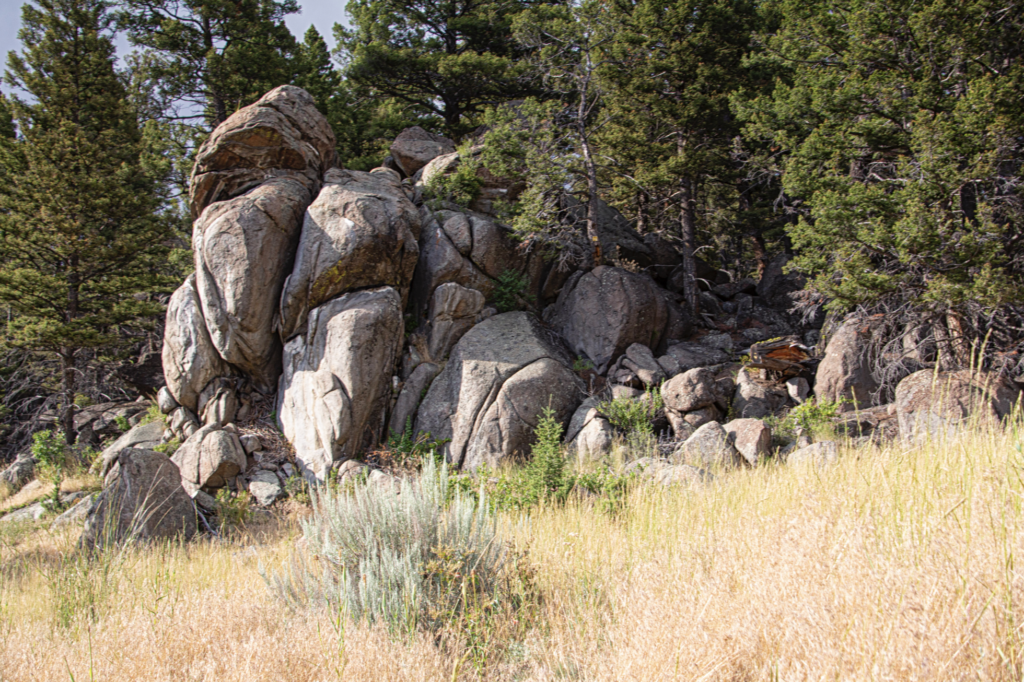
Pipestone area
“Have you ever sung the music of Montana names: Choteau, Cascade, Missoula, Pend O’Reille, Big Horn, Carbon, Sweetgrass, Stillwater, Silver Bow, and Glacier? Roundup, Little Butte, Judith Gap, Harlowton, Armington, Spion Kop, Great Falls? And the ridiculous little name of Two Dot?”

Glacier National Park 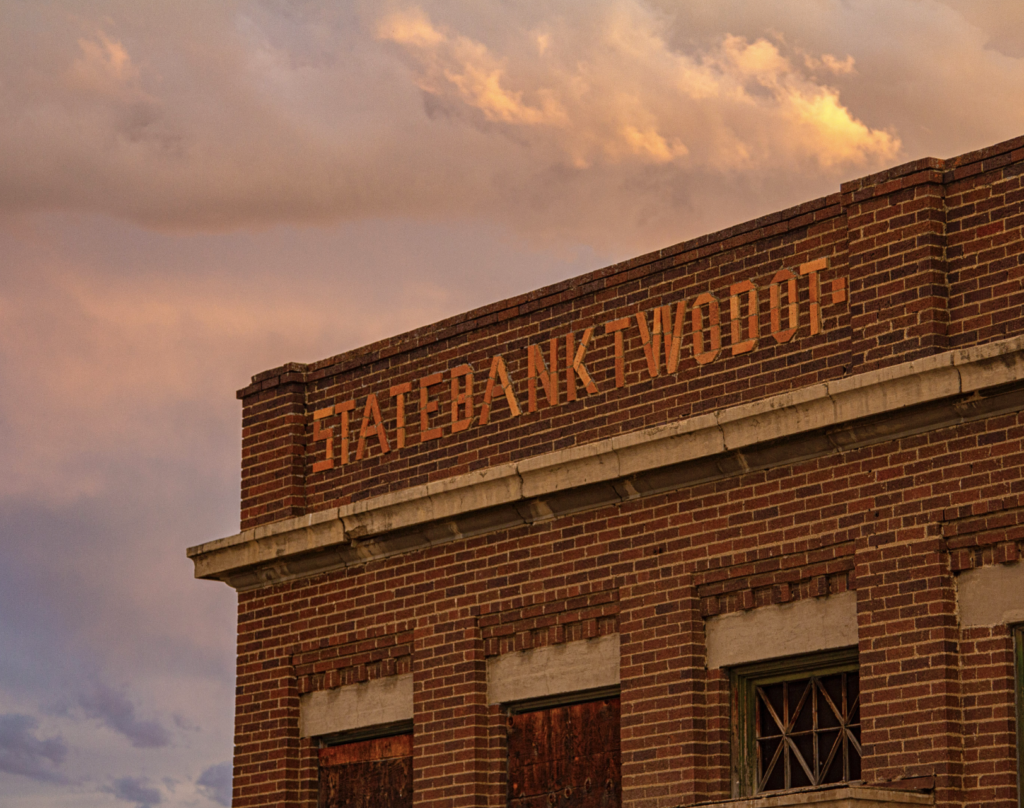
little town of Two Dot
“The Belts and Little Belts, Bitterroots and Tobacco Roots, Big Horns and Absarokees, the Crazies and the Little Rockies? Do you know Deer Lodge, Red Lodge, or Lodgegrass, Plentywood, Scobey, Cutbank, Boulder, Ekalaka, Glendive, Kalispell, Big Timber or Niehart?”
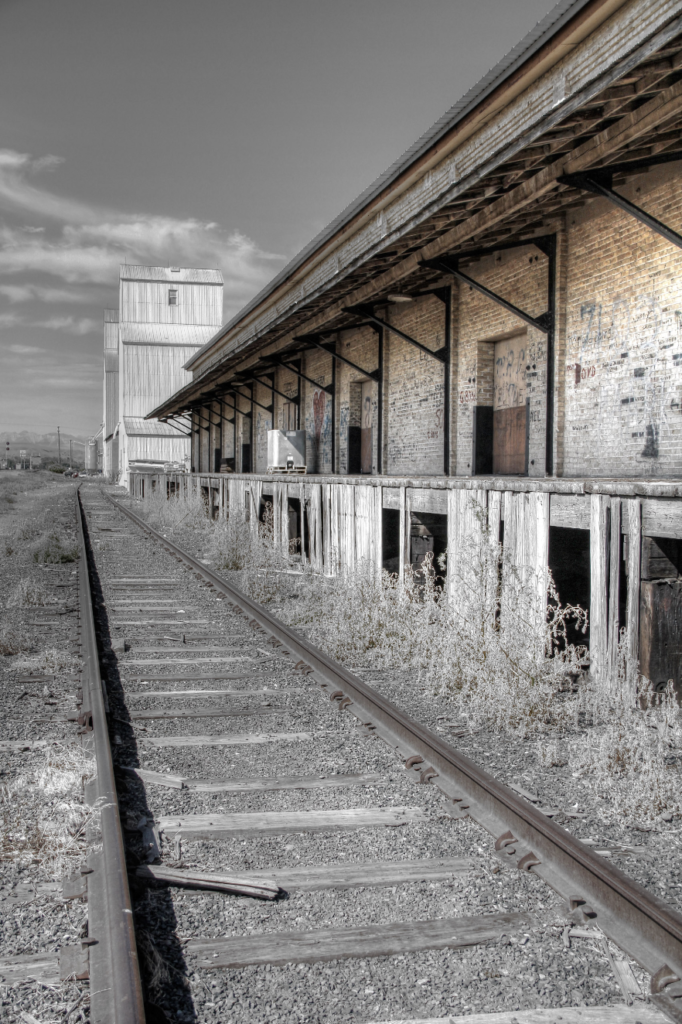
Big Timber
“Have you ever seen dawn at the Gates of the Mountains or listened to the morning call of a meadowlark in a Lewiston wheatfield?” “Have you ever seen the Crazies by moonlight or have you gathered stardust from Hegben or Flathead?”
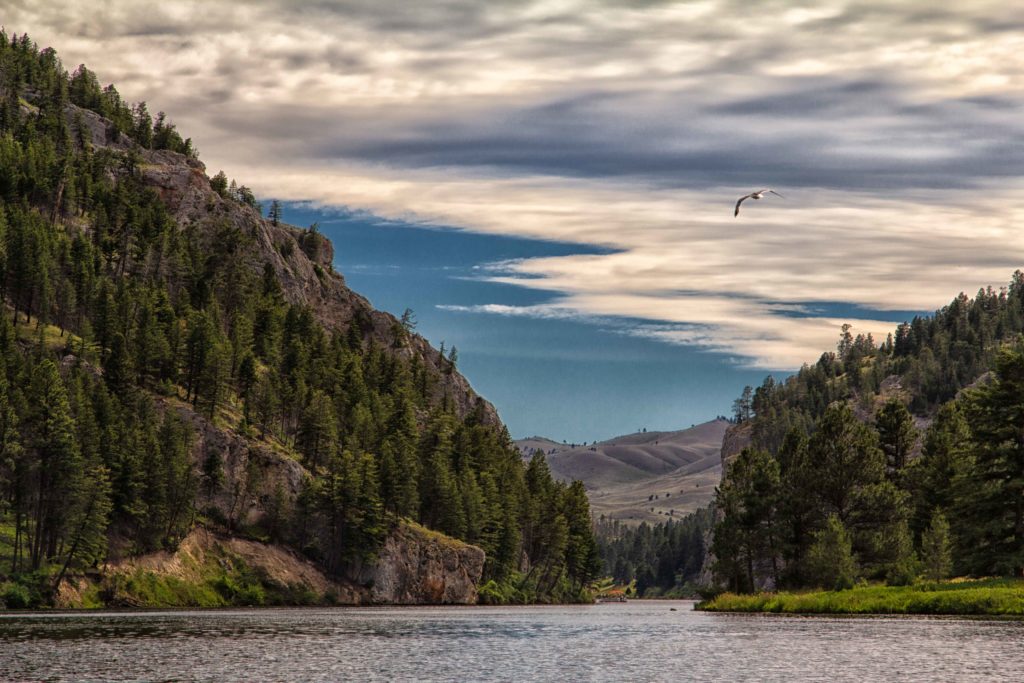
Gates of the Mountains 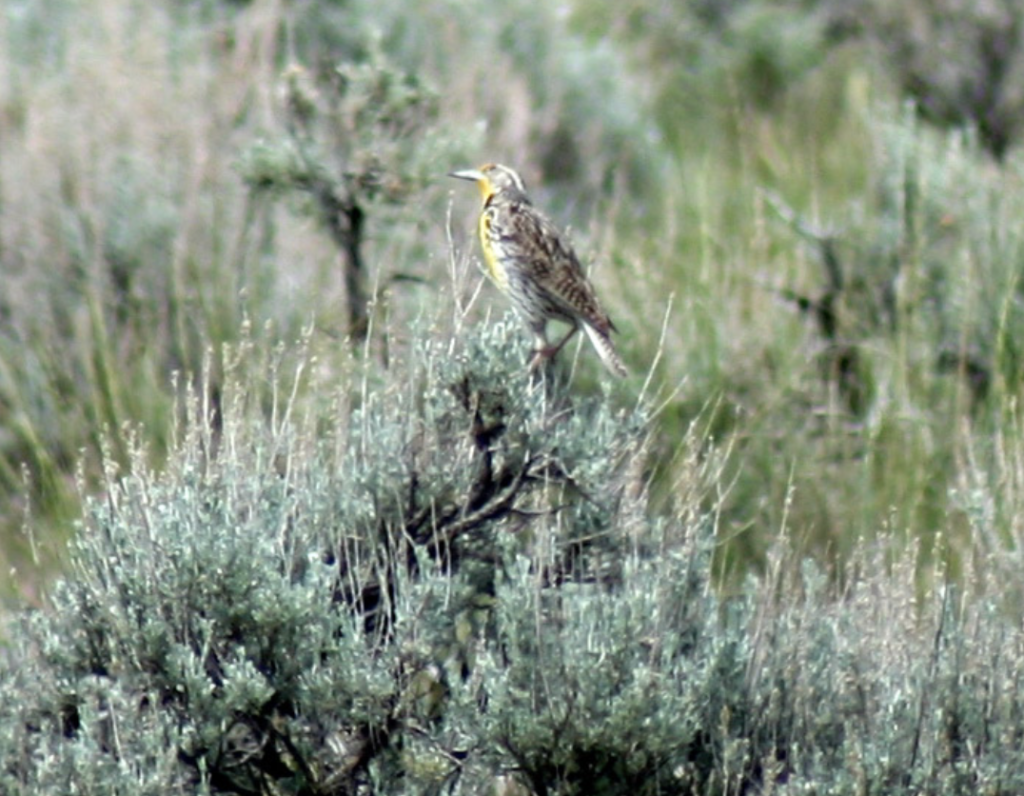
Meadowlark of Montana 
Crazy Mountains
“These are some of the experiences, and places and names that bind us together, for we know them intimately and we can feel that they are ours.”
This portion of Huntley’s speech can be heard at:
https://soundcloud.com/montana-historical-society/chet-huntleys-montana
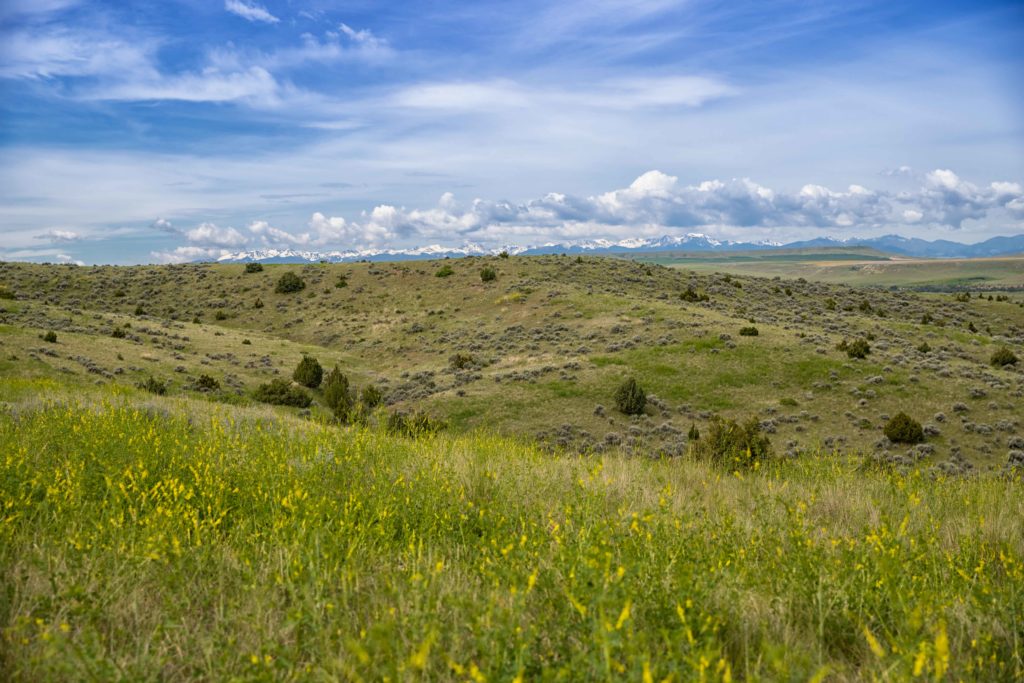
Madison River Valley with Tobacco Roots on the horizon
